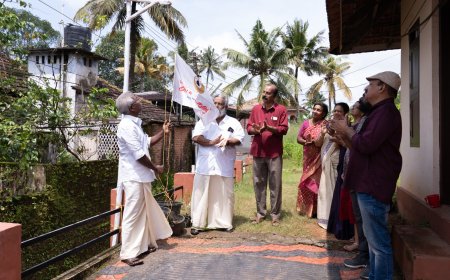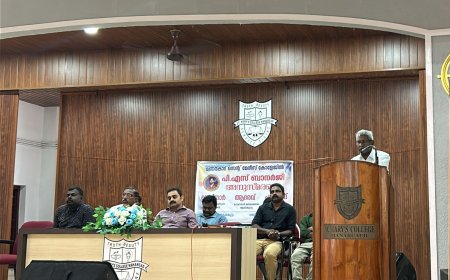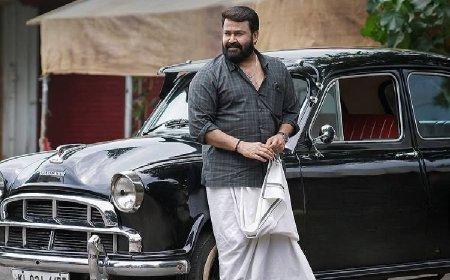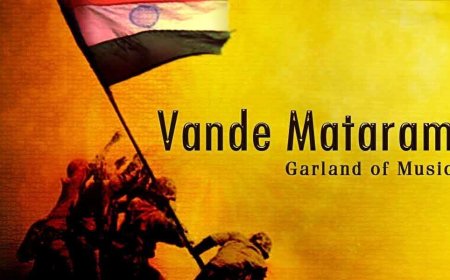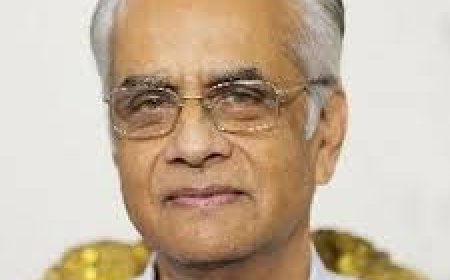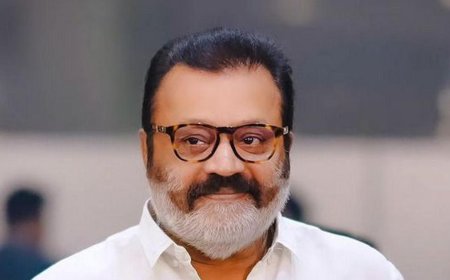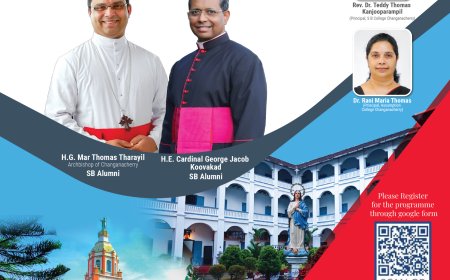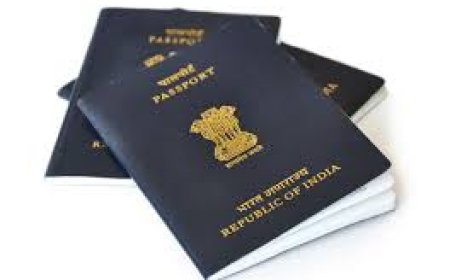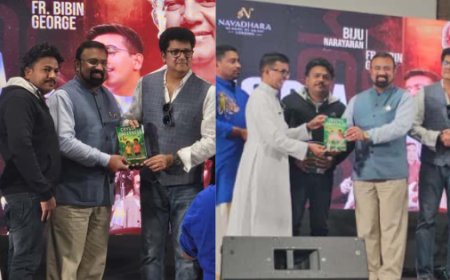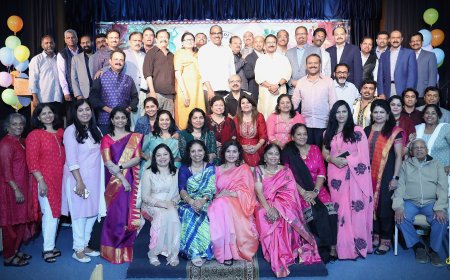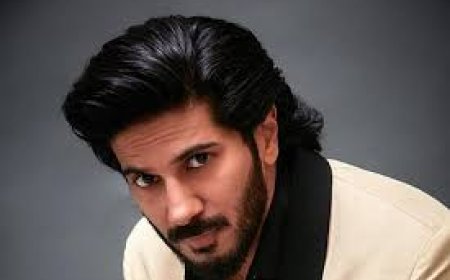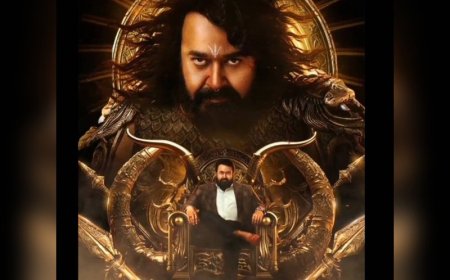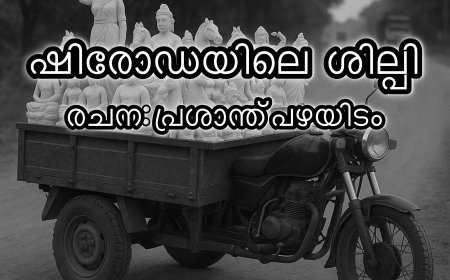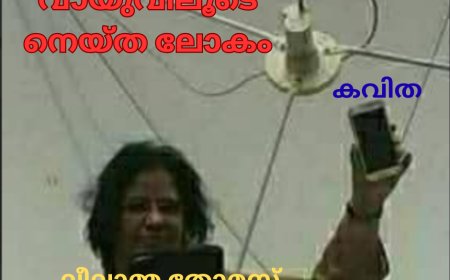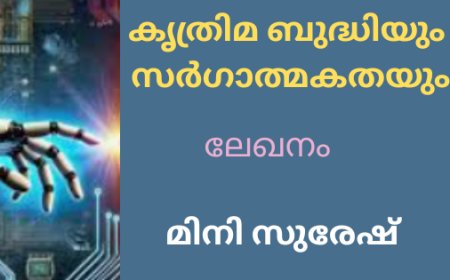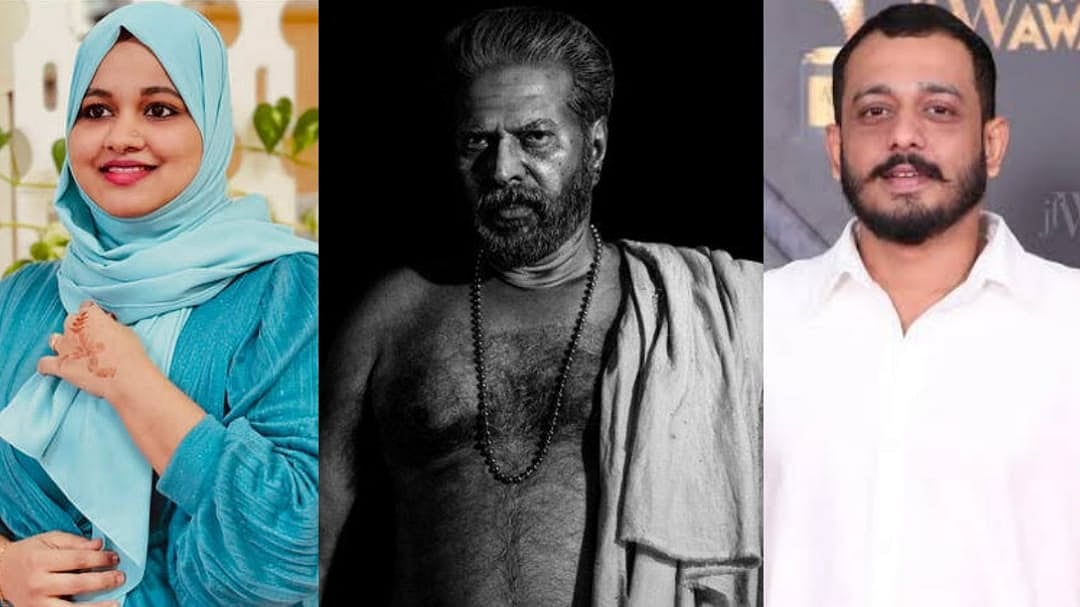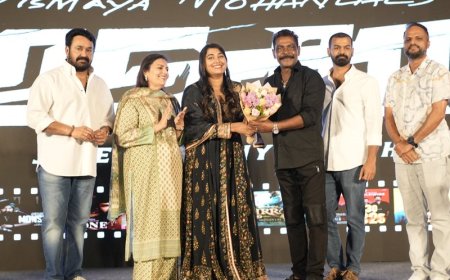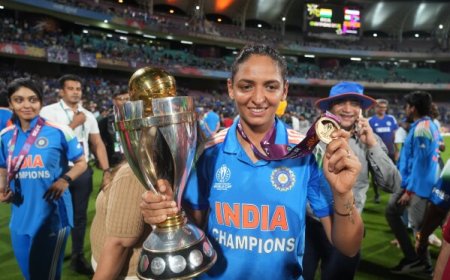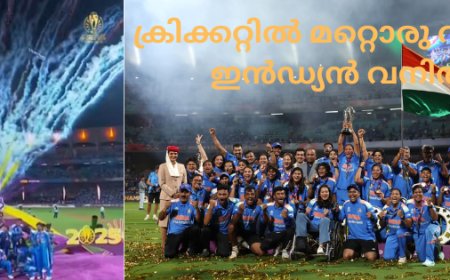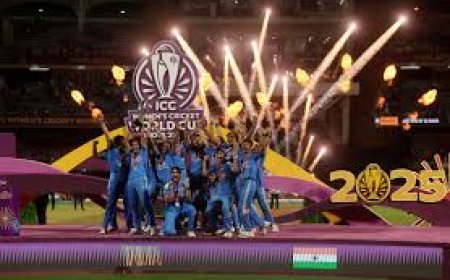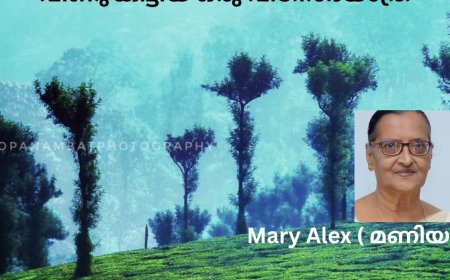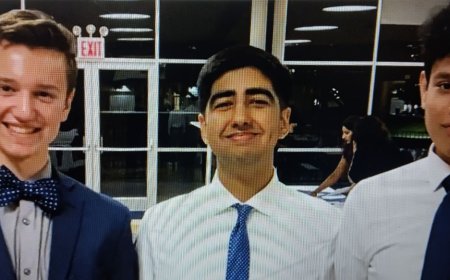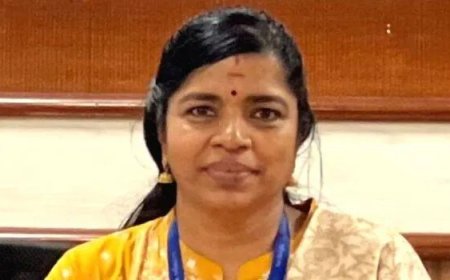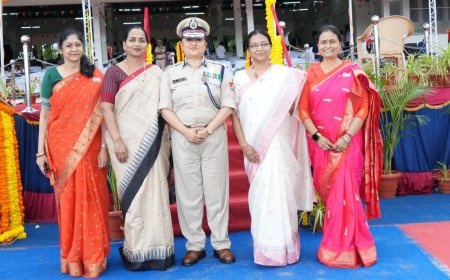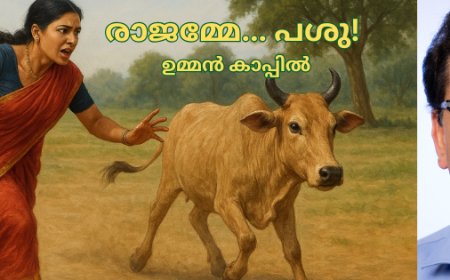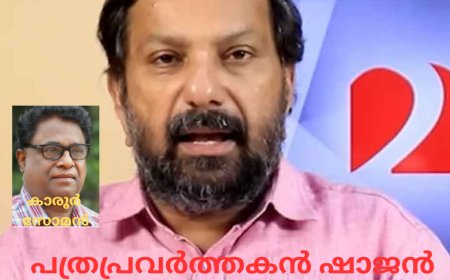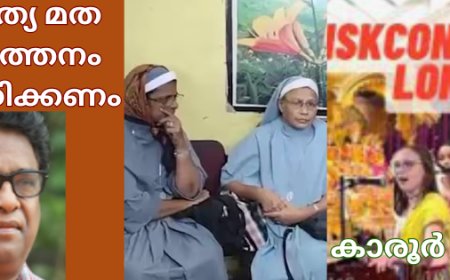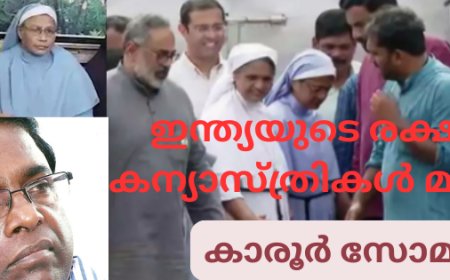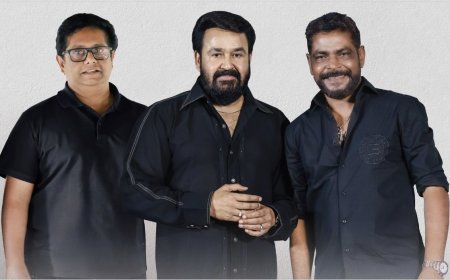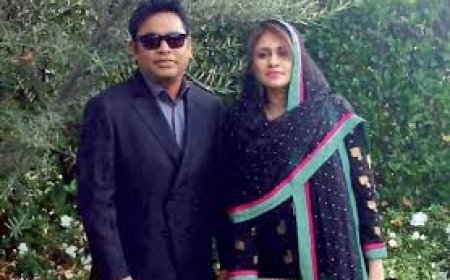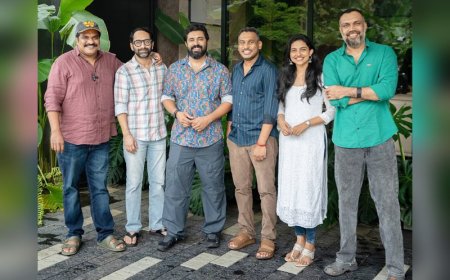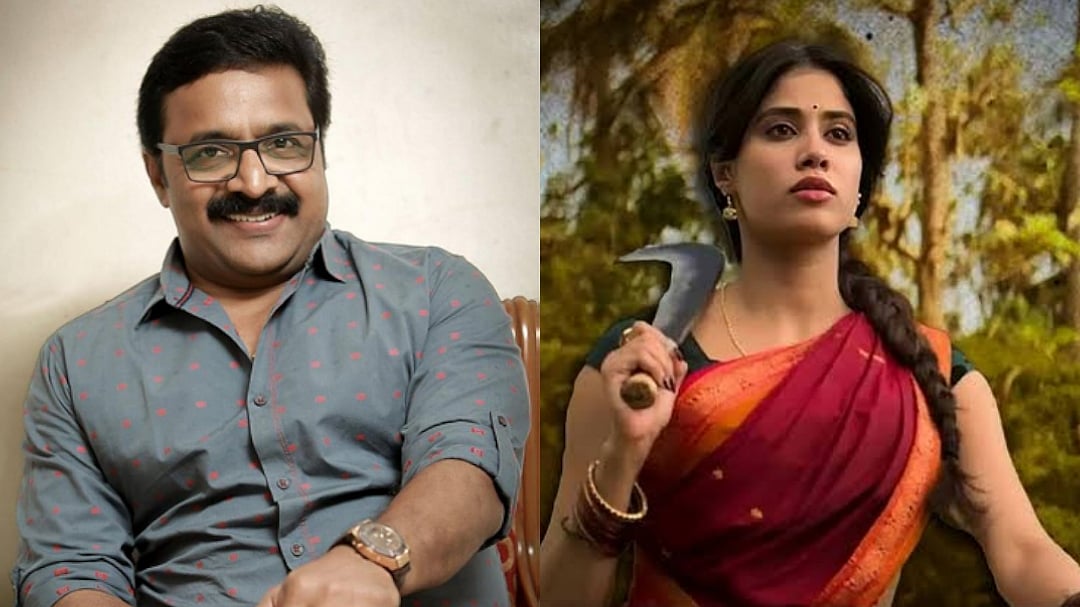Pathirathri: Navya Nair, Soubin anchor a thriller that trades tension for tenderness
Pathirathri (Malayalam) The Malayalam police thriller has, by now, its own routine — a foggy night, a morally grey officer, a body, and the long road to truth. Ratheena’s new film, Pathirathri, unfolds like a self-aware version of the genre, stripping away tension and spectacle to expose the fatigue beneath the badge. But in doing so, it risks becoming as weary as the world it depicts. Coming from the director of the quietly radical Puzhu, with the cinematographer of Bramayugam, the writer of Ela Veezha Poonchira, and Jakes Bejoy composing the music, Pathirathri carries the weight of expectation. What emerges instead is a familiar but muted story of guilt, silence, and small moral failings, rendered with empathy but little thrill. SI Jancy Kurian (Navya Nair) and constable Hareesh (Soubin Shahir) are two people on different rungs of the same ladder, both quietly undone by their private lives. One night, while on patrol in Idukki, they witness something unusual and decide not to report, fearing the consequences. Pathirathri follows the ripples of that decision. The ‘mystery’ at the film’s centre, however, is more decorative than driving. By revealing its secrets too early, the film trades suspense for sentiment, turning into an emotional drama in the guise of a thriller. That, in itself, isn’t a bad idea. Ratheena and writer Shaji Marad seem to know the whodunit thread won’t hold, and instead, they lean into the personal. The film wants us to see the quiet burdens that trail behind uniforms — the loneliness, humiliation, and self-doubt. Admirably, it refuses to pass judgements on its characters. Yet, the writing doesn’t always have the sharpness to sustain that choice. What rescues Pathirathri from sinking into monotony are its performances. Navya Nair brings tremendous control to Jancy Kurian. Her loneliness feels physical, her composure visibly strained. Soubin Shahir is well within his comfort zone as Hareesh, playing a man caught between male arrogance and guilt with characteristic precision. Their chemistry is one of the film’s quiet triumphs. Ratheena’s decision not to name or moralise their dynamic gives it a rare honesty. Among the supporting cast, Kannada actor Achyuth Kumar stands out, while Ann Augustine and Athmiya Rajan make the most of their brief screen time. Sunny Wayne’s cameo begins with promise, though his final moments feel slightly overwrought. Veterans Harishree Ashokan and Indrans, as always, ground their scenes with ease, even if they’re underused. In its technical aspects, Pathirathri is far more cohesive. Shehnad Jalal’s camera renders Idukki’s landscape with subdued beauty. Jakes Bejoy’s score, too, stays admirably understated, though it sometimes tries to compensate for emotional gaps in the writing. Sreejith Sarang’s editing keeps the film’s deliberate pace intact, but the occasional repetition of scenes toward the end undercuts its subtlety. By the time Pathirathri ends, it’s clear Ratheena isn’t chasing intensity. Her film is about ordinary people stuck in a moral loop, where inaction becomes its own form of guilt, and empathy is the only way out. There’s integrity in that vision. But it’s also a film that speaks in a register Malayalam cinema has learned too well — the low hum of melancholy, the safety of realism, the comfort of muted pain. Pathirathri wants to show us the weariness of those who serve the system, but in the process, it reflects a weariness in the storytelling itself. Thoughtful, competently made, and emotionally aware, yes. But for a film built from so much talent, it leaves behind only a faint echo of what it could have been.Disclaimer: This review was not paid for or commissioned by anyone associated with the film. Neither TNM nor any of its reviewers have any sort of business relationship with the film’s producers or any other members of its cast and crew.
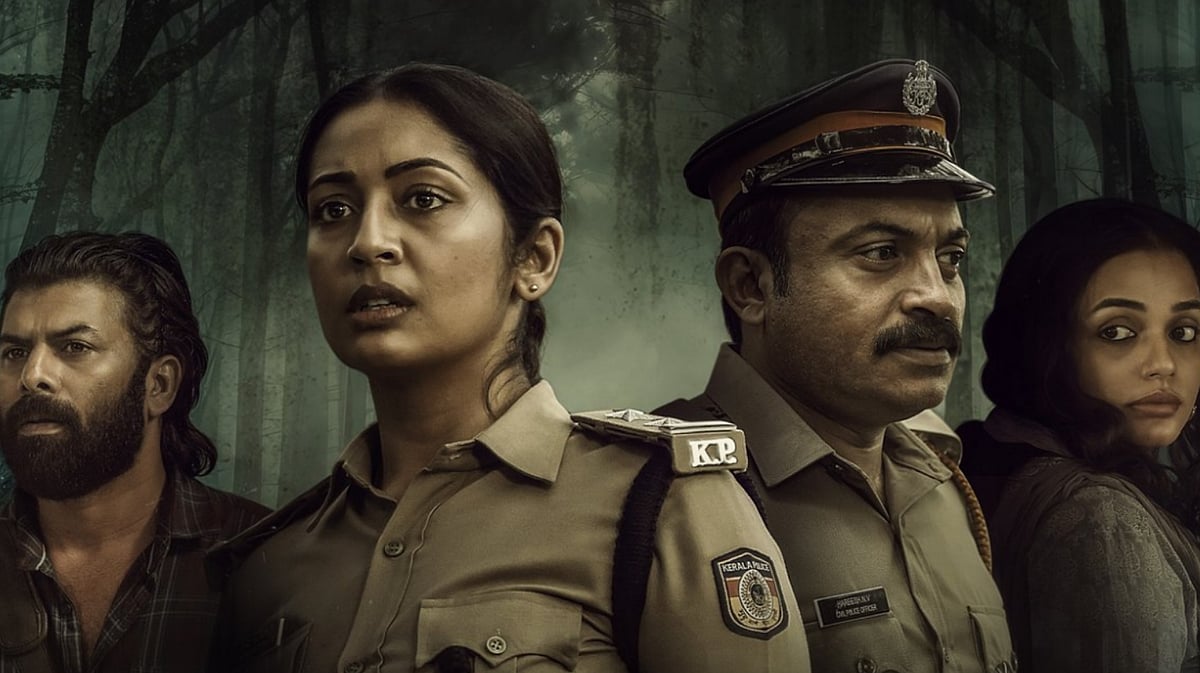
Pathirathri (Malayalam)
THE Malayalam police thriller has, by now, its own routine — a foggy night, a morally grey officer, a body, and the long road to truth.
Ratheena’s new film, Pathirathri, unfolds like a self-aware version of the genre, stripping away tension and spectacle to expose the fatigue beneath the badge. But in doing so, it risks becoming as weary as the world it depicts.
Coming from the director of the quietly radical Puzhu, with the cinematographer of Bramayugam, the writer of Ela Veezha Poonchira, and Jakes Bejoy composing the music, Pathirathri carries the weight of expectation. What emerges instead is a familiar but muted story of guilt, silence, and small moral failings, rendered with empathy but little thrill.
SI Jancy Kurian (Navya Nair) and constable Hareesh (Soubin Shahir) are two people on different rungs of the same ladder, both quietly undone by their private lives. One night, while on patrol in Idukki, they witness something unusual and decide not to report, fearing the consequences. Pathirathri follows the ripples of that decision.
The ‘mystery’ at the film’s centre, however, is more decorative than driving. By revealing its secrets too early, the film trades suspense for sentiment, turning into an emotional drama in the guise of a thriller.
That, in itself, isn’t a bad idea. Ratheena and writer Shaji Marad seem to know the whodunit thread won’t hold, and instead, they lean into the personal. The film wants us to see the quiet burdens that trail behind uniforms — the loneliness, humiliation, and self-doubt. Admirably, it refuses to pass judgements on its characters. Yet, the writing doesn’t always have the sharpness to sustain that choice.
What rescues Pathirathri from sinking into monotony are its performances. Navya Nair brings tremendous control to Jancy Kurian. Her loneliness feels physical, her composure visibly strained. Soubin Shahir is well within his comfort zone as Hareesh, playing a man caught between male arrogance and guilt with characteristic precision. Their chemistry is one of the film’s quiet triumphs. Ratheena’s decision not to name or moralise their dynamic gives it a rare honesty.
Among the supporting cast, Kannada actor Achyuth Kumar stands out, while Ann Augustine and Athmiya Rajan make the most of their brief screen time. Sunny Wayne’s cameo begins with promise, though his final moments feel slightly overwrought. Veterans Harishree Ashokan and Indrans, as always, ground their scenes with ease, even if they’re underused.
In its technical aspects, Pathirathri is far more cohesive. Shehnad Jalal’s camera renders Idukki’s landscape with subdued beauty. Jakes Bejoy’s score, too, stays admirably understated, though it sometimes tries to compensate for emotional gaps in the writing. Sreejith Sarang’s editing keeps the film’s deliberate pace intact, but the occasional repetition of scenes toward the end undercuts its subtlety.
By the time Pathirathri ends, it’s clear Ratheena isn’t chasing intensity. Her film is about ordinary people stuck in a moral loop, where inaction becomes its own form of guilt, and empathy is the only way out. There’s integrity in that vision. But it’s also a film that speaks in a register Malayalam cinema has learned too well — the low hum of melancholy, the safety of realism, the comfort of muted pain.
Pathirathri wants to show us the weariness of those who serve the system, but in the process, it reflects a weariness in the storytelling itself. Thoughtful, competently made, and emotionally aware, yes. But for a film built from so much talent, it leaves behind only a faint echo of what it could have been.
Disclaimer: This review was not paid for or commissioned by anyone associated with the film. Neither TNM nor any of its reviewers have any sort of business relationship with the film’s producers or any other members of its cast and crew.




